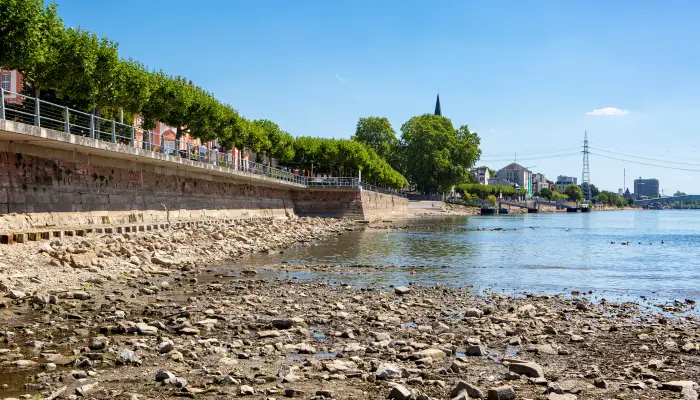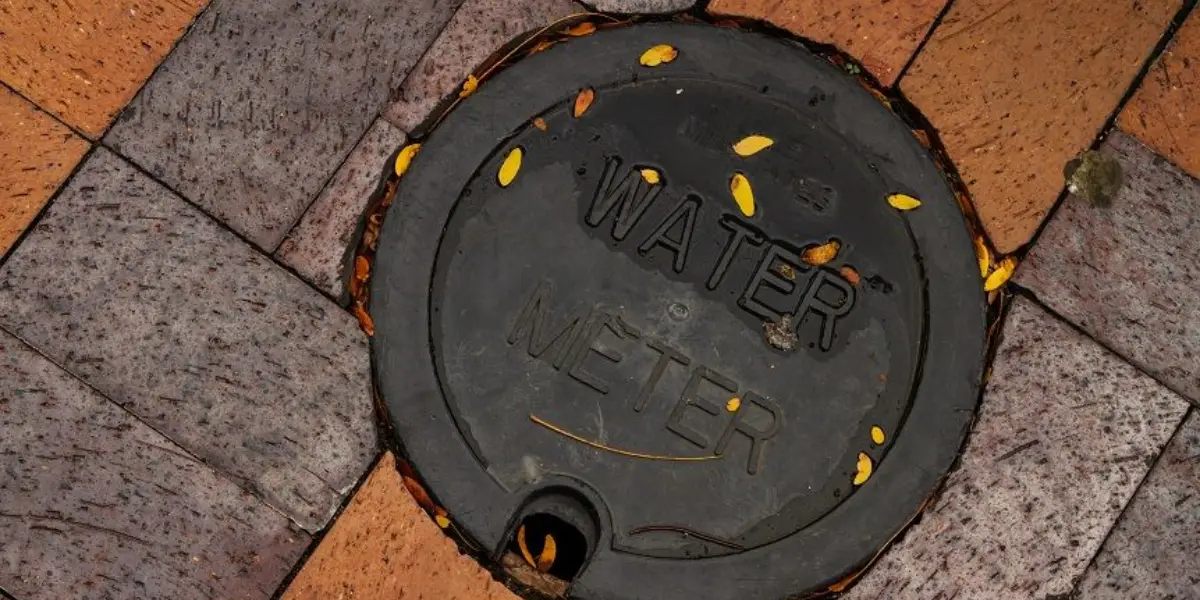Smart meters are already being recognised by water companies as an important resource to enhance their networks and deliver better services for millions of customers.
By collecting and presenting accurate meter reading data, these devices allow water companies to generate accurate bills while also giving their customers a much clearer picture of their day-to-day consumption via the internet.
We are, however, only at the start of the smart water journey. Our CNIoT Long-Range Radio network has the capacity to connect so much more than just meters; it’s capable of bringing together a range of sensors that promise to deliver incredible insight and efficiency improvements.
Using our CNIoT network to help the industry overcome its leakage challenges and continue improving the customer experience is our priority, and while we keep working hard towards that goal, we thought we’d answer a few of the questions we’re asked most about the general concept of ‘smart water’.
What is smart water?
Let’s rewind a little and get the basics clear. The term ‘smart water’ describes a group of emerging technologies that use connectivity to improve the provision of water to homes and businesses.
These technologies include hardware, such as the smart meters and sensors we mentioned earlier, and the software used to process and make sense of all the data that hardware collects.
When they’re all combined properly, these parts form a smart water network that offers various game-changing benefits. However, without a reliable, resilient and secure network that is designed to connect to devices in difficult to reach locations the water company will not be able to see the whole picture to deliver the maximum benefit from its investment. This is where the Arqiva solution comes in. We build dedicated networks to meet the water companies specific requirements using private licensed spectrum allocating dedicated channels to ensure no contention or interference from other users.
We’ve seen huge growth in connected technologies over the last ten years, some of which are perfect for smart water applications. Arqiva’s network, for example, relies on Long-Range Radio to move data quickly, reliably and securely – and by using private dedicated radio spectrum rather than shared frequencies, we’re able to provide dedicated networks that provide the resilient and reliable coverage that water companies need.
All of this has happened at the perfect time, with water companies finding themselves under growing pressure to do more with less. As climate change and other factors contribute to water shortages across the world, it’s crucial that suppliers can reduce the huge volumes going to waste – and, due to the benefits mentioned above, Arqiva’s smart water solutions are making that possible.
What is Arqiva’s role in smart water?
The most prominent part of smart water right now is the meter itself. But, to be effective, each device must be connected to a wider communications network – and that’s where we come in. Arqiva has the communications infrastructure to bring all the necessary elements together effectively; that includes the smart meters currently available and the various sensors that water companies are expected to adopt.
Together with our smart water partners - utilities companies and technology providers like Sensus – we’re working to build a smart water grid that promises to change the way the UK consumes water forever. Our Long-Range Radio technology is proven at scale and extracts the data from hard-to-reach sensors, positioned in locations that cellular and WiFi solutions would struggle to serve; we really are in the best position to ensure the smart water dream is fully realised.
How big a difference can smart metering make?
It’s early days for smart water, but we’re already seeing impressive signs of its huge potential in the work we’re doing with water companies. Arqiva’s partnership with Thames Water, for example, has led to a significant reduction in the impact of leaks in the London area – saving an estimated 930,000 litres a day. Our network is also helping Anglian Water save around 108,000 litres a day in one town alone.
These are improvements that, with the right strategy and equipment, will easily be achieved on a much larger scale.
Views

New research: the risks and opportunities around smart water metering investments

New research: achieving the optimal smart water metering solution

Living with less: planning for a water-scarce future
